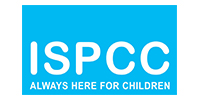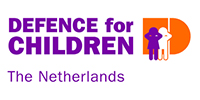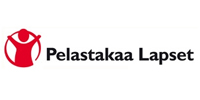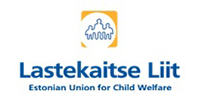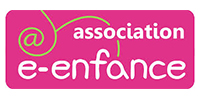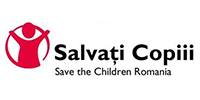When “free” isn’t, the Policy Paper on the Internet Business Model
In recent years eNACSO is engaged in editing a range of Strategic Papers and Recommendations aiming at identifying issues of relevance to children’s rights and ensure that the best possible advice is obtained before the legislative or regulatory procedures get too far advanced.
In our Policy Paper on “Business, Children and the Internet” we’ve carried out a deep analysis on the ways in which internet business models throw up a range of issues relating to violations of children’s rights and along with these the responsibility of businesses in Europe to respect them, providing examples of commercial practices that have flown and in many cases still fly under the radar.
We have seen that the precious real world separation of adult commercial activities from children’s commercial activities has simply not been reproduced online in the dizzy rush to embrace the creative and monetizing opportunities of digital space.
Furthermore, we’ve seen that children’s privacy is not accorded special protection when it is gathered for commercial purposes despite the fact that common EU rules have been established to ensure that personal data enjoys a high standard of protection everywhere in the EU and we all have the right to complain and obtain redress if our data is misused anywhere within the EU.
We’ve also emphasized our concerns on the proposed adoption of the age of 13 as a watershed point in the Commission draft General Data Protection Regulation, and we favourably welcome its rejection by the Council’s proposal as an EU-wide standard.
The proposal leaves it to each country’s age of consent laws does run counter to the notion of a single market, the idea of harmonisation in particular in relation to different levels of child protection among countries, but absent any convincing, research-based alternative, it seems the only sensible option.
These examples and others argue for a much stronger centre within the European Institutions – one which can, early on in every process, identify issues of relevance to children’s rights and ensure that the best possible advice is obtained before the legislative or regulatory procedures get too far advanced.
How then can the EU harness and reinforce existing provisions to ensure that the commercial actors on the internet respect the fundamental rights of our youngest citizens?

 Funded by the European Commission
Funded by the European Commission



